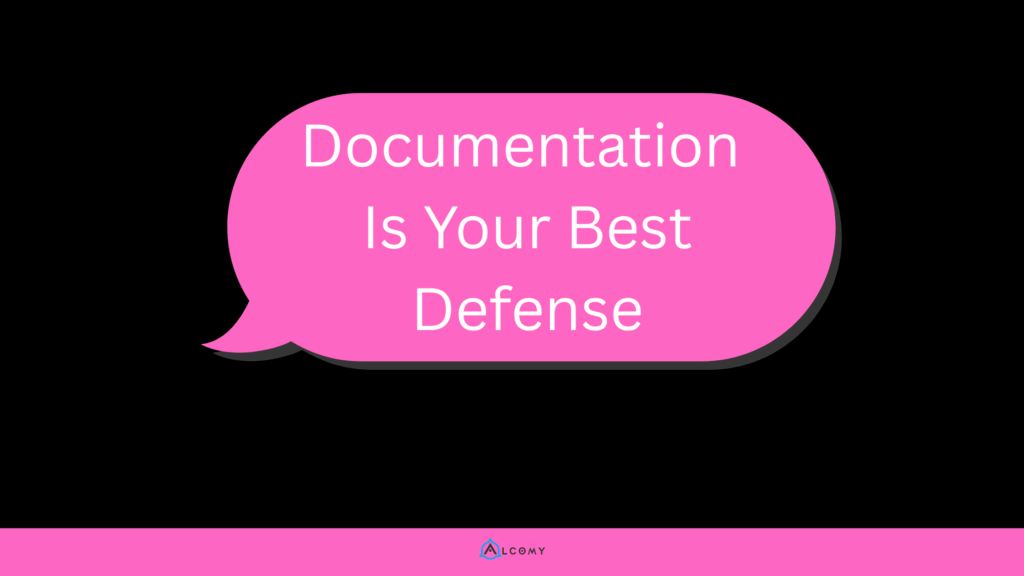Across the country, care providers are facing a growing challenge: the legal and compliance landscape is tightening, and the stakes are higher than ever. At a recent industry conference, healthcare defense attorney Paul Sheston shared critical insights that every provider—regardless of location—needs to hear.
At Alcomy, we’re focused on helping adult care communities stay one step ahead. Here are the key takeaways we believe every team should build into daily operations:
1. Proactive Risk Management Isn’t Just Smart—It’s Necessary
Regulators are cracking down, and with an aging population, the likelihood of litigation is rising. Even minor citations can snowball into larger issues, including automatic board complaints. The goal is not just to avoid penalties, but to proactively position your community to win if challenged.
Action step: Regularly audit internal practices, train your staff on documentation and communication, and correct small vulnerabilities before they become liabilities.
2. Your Documentation Is Your Best Defense (and Offense)
“If it’s not charted, it didn’t happen” remains true. But the standard is evolving. Providers now need to document the positive just as much as the negative. Avoid copy-paste charting, ensure your notes are consistent with other providers, and always explain late entries clearly.
Bonus tip: Ditch informal communication (like text messages) when it comes to care updates. Use a secure, centralized system that keeps everything traceable and defensible.
3. Set Clear Expectations and Communicate with Families Proactively
Most legal complaints don’t begin with clinical failure—they begin with unmet expectations. Listening well and setting clear communication boundaries can prevent most issues. When families request records, always confirm the requester has legal authority (especially when Power of Attorney may have expired).
Quick reminder: Don’t just manage the care—manage the relationship. A 5-minute conversation today can prevent a costly misunderstanding tomorrow.
4. Tighten Up Incident Reporting and Witness Statements
Incident reports are legal records. Leaving blanks or being inconsistent in language can weaken your defense. Train staff to document clearly and objectively—phrases like “observed on floor” are far better than “found on floor.”
Tip: Treat every report as if it could be reviewed by a judge, because one day, it might be.
5. Adhere to Industry Standards with Precision
If your care practices don’t align with accepted industry standards, you’re more vulnerable in court. For example, bed rotations are now commonly expected every 4 hours. If your practice differs, your defense is weakened—even if no harm occurred.
Also, carrying liability insurance makes your community more visible to legal claims—so your internal systems must be airtight.
Checklist: Regularly review care policies, update where needed, and ensure your team is consistent in execution.
Final Thoughts
These aren’t just legal tips—they’re leadership principles. Great care communities aren’t just compliant; they’re proactive, transparent, and consistent. The more confident you are in your documentation, training, and communication systems, the less you have to worry about risk.
Want to see how Alcomy helps providers simplify compliance, centralize documentation, and strengthen communication? Click here to chedule a call and see the difference!


